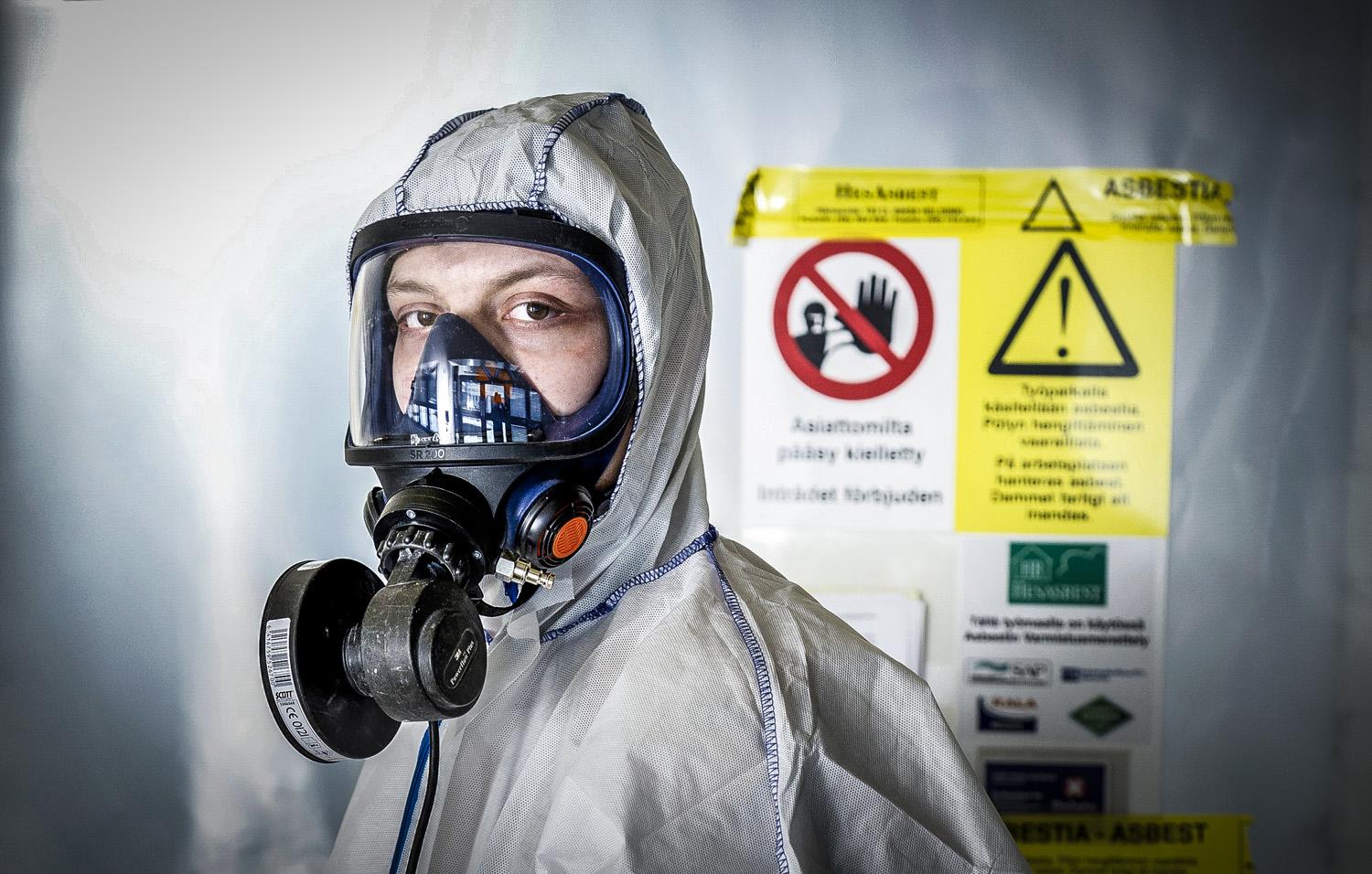
Carbon monoxide (CO) testing refers to the process of measuring and detecting the levels of carbon monoxide gas in various environments. Carbon monoxide is a colorless, odorless, and highly toxic gas that is produced by the incomplete combustion of carbon-based fuels.
The advantages of carbon monoxide testing include
- Safety: Carbon monoxide testing
is crucial for ensuring the safety of individuals. By detecting and
measuring carbon monoxide levels, potential hazards and the risk of carbon
monoxide poisoning can be identified. Prompt detection allows for timely
intervention to prevent harm to occupants.
- Early Warning: Carbon monoxide is
often referred to as the "silent killer" because it is odorless
and difficult to detect without specialized equipment. Carbon monoxide
testing provides an early warning system, allowing for the detection of
elevated levels before they reach dangerous concentrations.
- Compliance: Many jurisdictions have regulations in place to limit carbon monoxide exposure in certain settings such as residential buildings, workplaces, and commercial spaces. Carbon monoxide testing ensures compliance with these regulations and helps maintain a safe environment for occupants.
Preventative Maintenance
Regular carbon monoxide testing can identify malfunctioning or poorly maintained fuel-burning appliances such as furnaces, boilers, stoves, and water heaters. This allows for timely repairs or maintenance to prevent carbon monoxide leaks and ensure the proper functioning of these devices.
In conclusion, carbon monoxide testing is essential for maintaining a safe environment, preventing carbon monoxide poisoning, ensuring compliance with safety regulations, and providing peace of mind for occupants. Regular testing and the use of carbon monoxide detectors are vital steps in safeguarding against the potentially life-threatening effects of carbon monoxide exposure.